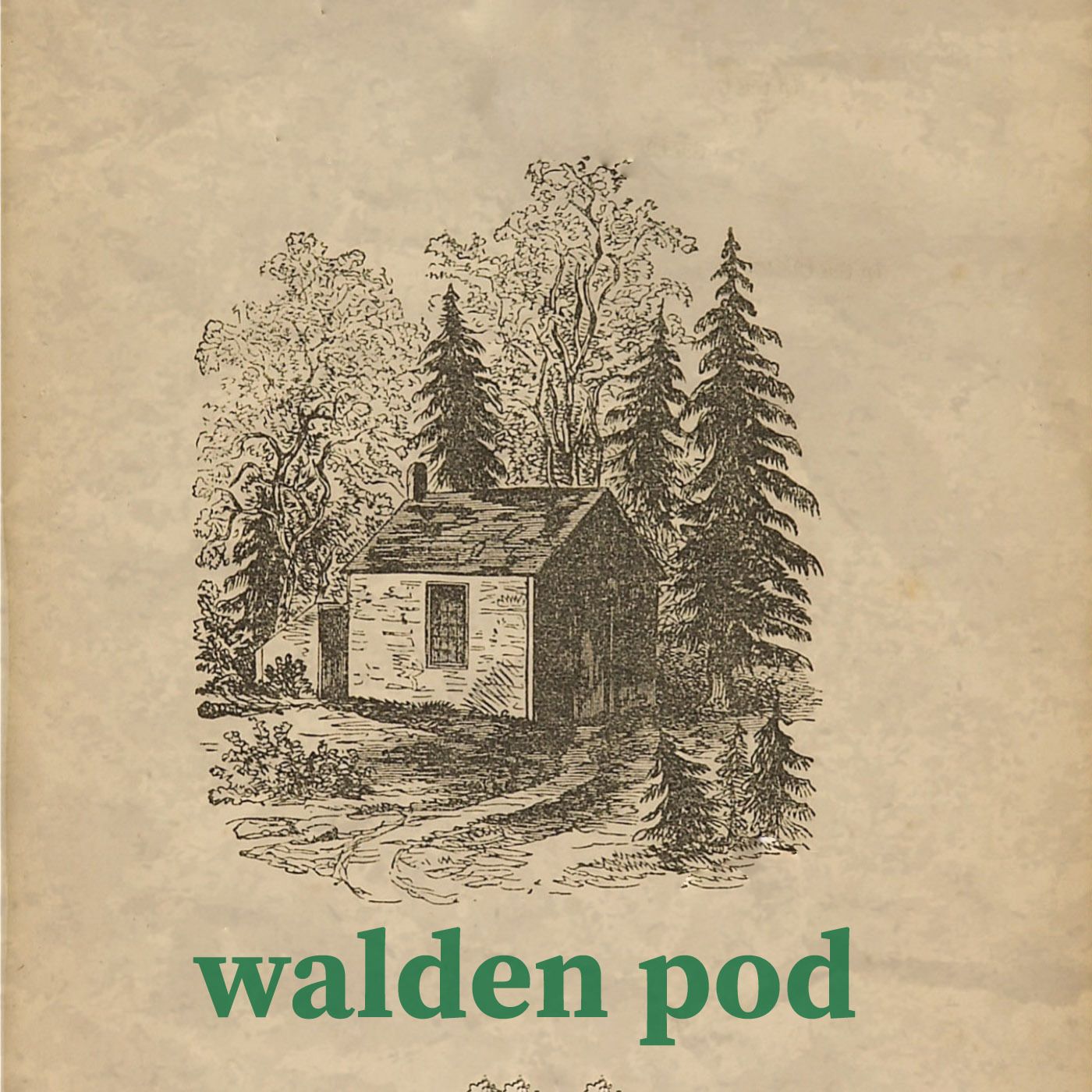53 - William James' Evolutionary Argument Against Epiphenomenalism
Description
If epiphenomenalism is true, mental causation is an illusion. Even if pain and pleasure were inverted, you’d go on behaving the same way you do now, since your conscious states have nothing to do with determining or motivating your physical behavior. This is counterintuitive, to say the least. But it also leaves us completely unable to explain why our conscious states line up appropriately with our actions. We typically think that natural selection molded our mental profile: that which aids in survival and reproduction is incentivized by experiences with a positive hedonic valence, and vice versa. Thus, we have an evolutionary explanation of harmonious correlations. But on epiphenomenalism, this can't be the right explanation, since experiences play no causal role at all. If they have no causal influence, they can't make any difference to genetic fitness. So how is it that harmonious correlations evolved if experiences are invisible to natural selection?
Argument from Psychophysical Harmony w/ Dustin Crummett
Psychophysical Harmony in a Nutshell
Listen to our sister show, Counter Apologetics here
Transcript
Music by ichika Nito and used with permission.
Twitter @waldenpod @OnPanpsychism
YouTube
Consider supporting the show on Patreon here or Counter Apologetics here
linktr.ee/emersongreen
More Episodes
Today we discuss Mary the color scientist, her cousin Fred, and a colorblind Norwegian neuroscientist. Specifically, we talk about why Philip Goff thinks "phenomenal curiosity" threatens the ability hypothesis and the phenomenal concept strategy, ruling out moderate forms of physicalism. ...
Published 11/10/24
Published 11/10/24
We discuss Philip Goff’s conversion, the online reaction to it, and what his “heretical Christianity” involves. Is he a real Christian? What does he think about the resurrection, the ascension, the miracles of Christ, the virgin birth, the trinity, inerrantism, the atonement, and God’s...
Published 10/10/24


